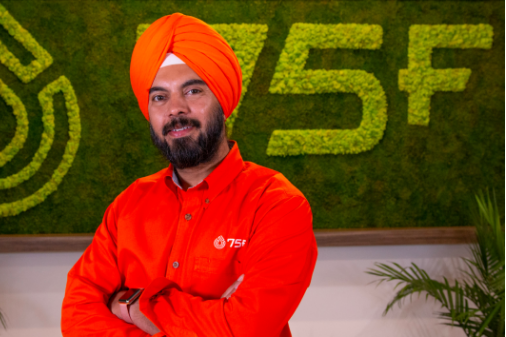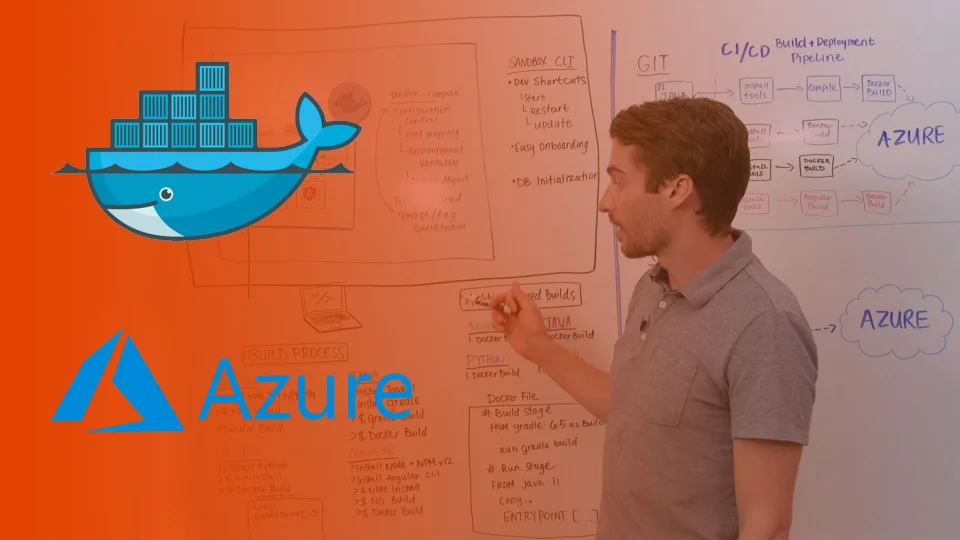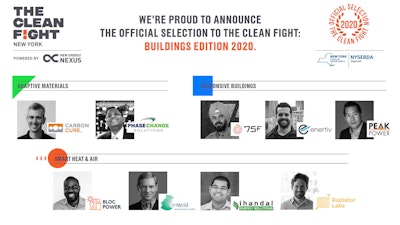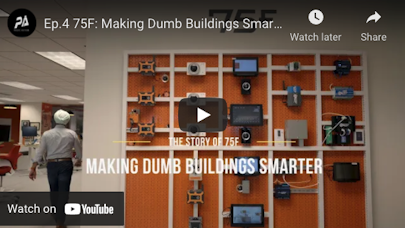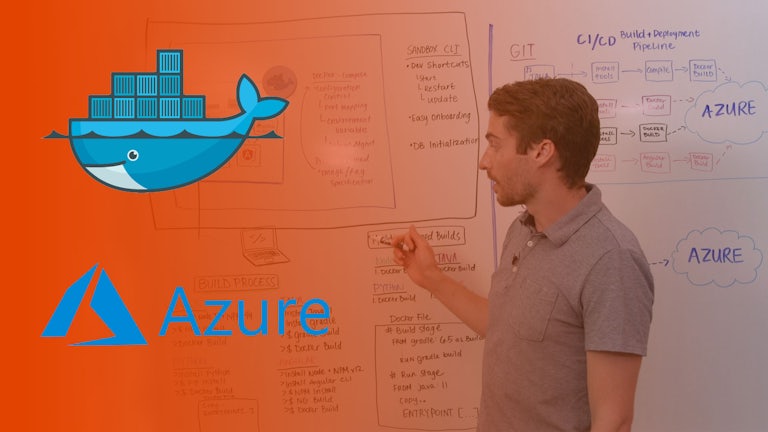
Whiteboard Session From the Archives: Containerization, Explained
At 75F, we lead with operational simplicity and elegance. This is true not only for our end services, but our internal processes, too. In this Whiteboard Session, our Lead Software Engineer, Luke Gaskill, explains containerization and how it changed the game for our local development environments.
The Challenge
The problem began with 75F's growing number of web services and applications hosted in our Microsoft Azure cloud. As these grew, so did the number of frameworks and languages involved. Our engineers in both the U.S. and India were running tests against our cloud services, which rapidly drove up costs considering Azure charges not just for the number of services used, but also the amount of data transferred back and forth.
So, how can we cut unnecessary costs, simplify our processes, and scale our services faster?
The Solution: Containerization
Our engineers integrated Docker into their engineering and continuous integration processes to simplify the whole stack. In doing so, every service became agnostic of the needed languages and frameworks, and our team could reduce the number of requests they sent out to remote services. The team was also able to remove non-product services they previously managed in Azure.
Ultimately, the containerization solution puts our web services in a strong position for growth so we can deliver new features and functionality to our customers with greater speed, and helps manage costs and complexity more effectively.
This solution also preemptively brings 75F one major step closer to solving a future problem: Customers who want to manage 75F's entire suite of web services on site, without any connections to the outside world.
Want to learn how Luke's team accomplished this? Watch his explanation!
